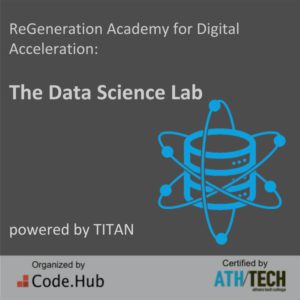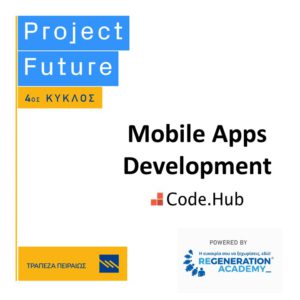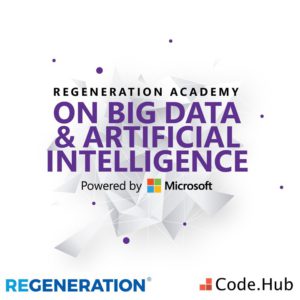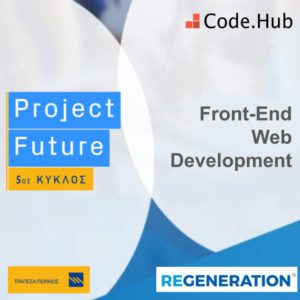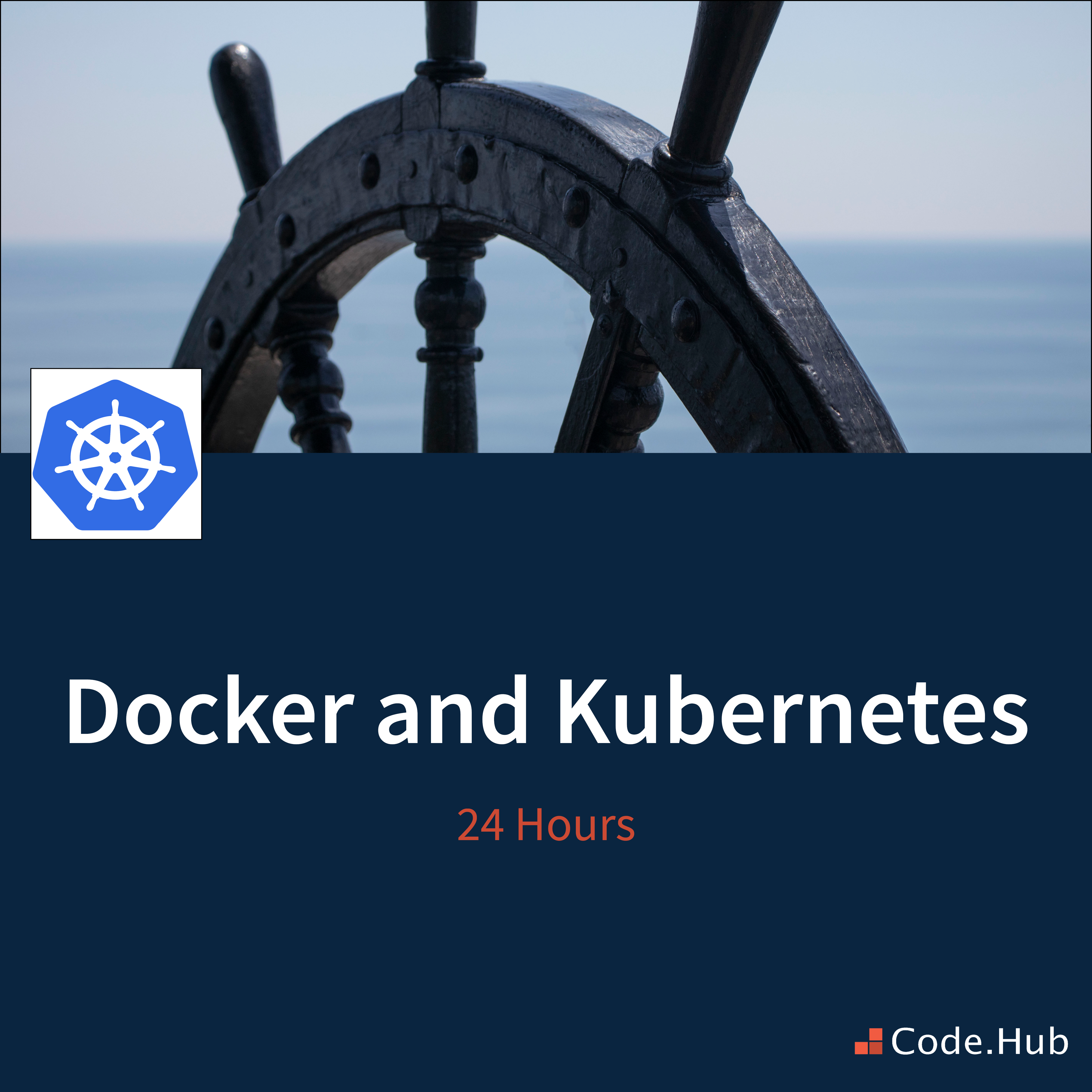
Docker & Kubernetes
Description
Docker is an industry-leading containerization tool for managing and deploying applications, used to encapsulate apps into containers that can then be independently maintained and deployed. Kubernetes is an open-source container orchestration platform developed by Google for managing microservices or containerized applications across a distributed cluster of nodes. Kubernetes is highly resilient and supports zero downtime, rollback, scaling, and self-healing of containers. With an increasing number of companies accepting the Kubernetes model as the best way to run apps, it’s becoming the standard way of running distributed apps both in the cloud, as well as on on-premises infrastructure.
Through this Code.Learn Docker & Kubernetes program, designed in exclusive collaboration with Athens Tech College, participants will learn how to manage Docker images and containers, and they will be able to understand how the lifecycle of a container works. In addition, participants will also understand how to use repositories and publish their images. Other concepts will also be introduced, including communication of containers through networks, custom image building, storage, and volume configuration as well as microservices concepts through the use of Docker Compose. Participants will also be introduced to Kubernetes, learning how to create basic objects such as Pods, Deployments, and Services, as well as how to scale the application deployed in Pods and create deployments that will enable rolling updates. Last but not least, participants will also learn how to enable communication between applications inside a Kubernetes cluster and the outside world through LoadBalancers.
Key Objectives
The key learning objectives of this program can be summarized as follows:
- Docker
- Introduction to Docker
- Installation of Docker (and troubleshooting)
- Command Line Structure/System Verification
- Containers Lifecycle
- Container Shell
- Monitoring Containers
- Docker Network Concepts, CLI Commands, DNS
- Storage in Docker
- Docker Images and Local Cache
- Docker Registries and Docker Hub
- Image Tagging & Pushing to Docker Hub
- Building Images & Dockerfile Basics
- Persistent Data, Data Volumes, Bind Mounts
- Introduction to Docker Compose
- Docker Compose Image Building Fundamentals.
- Kubernetes
- Introduction to Container Orchestration
- Clustering
- The architecture of Kubernetes in detail
- Basic Objects
- Kubernetes Installation
- First kubectl commands
- Core concepts
- Storage & Attaching storage to containers
- Managing computational resources
- Observability: Logging|Monitoring
- Scaling.
Target Audience
Higher education graduates in one of the following fields:
- Computer Science,
- Ιnformatics,
- Software Engineering,
- Web and Mobile Development,
- Computer Engineering,
- or any other relevant area
Prerequisite Knowledge
No prerequisite knowledge is required.
Classroom
Sessions can be carried out:
- Live in a physical classroom
- Live online through video conferencing environments
- Using a Hybrid combination of both live physical and online approaches
The teaching method will depend on the conditions at the time the training will run and on the participants’
preferences.
- PREMISES: Code.Hub Training Center: Leof. Alexandras 205, Athina 115 23

